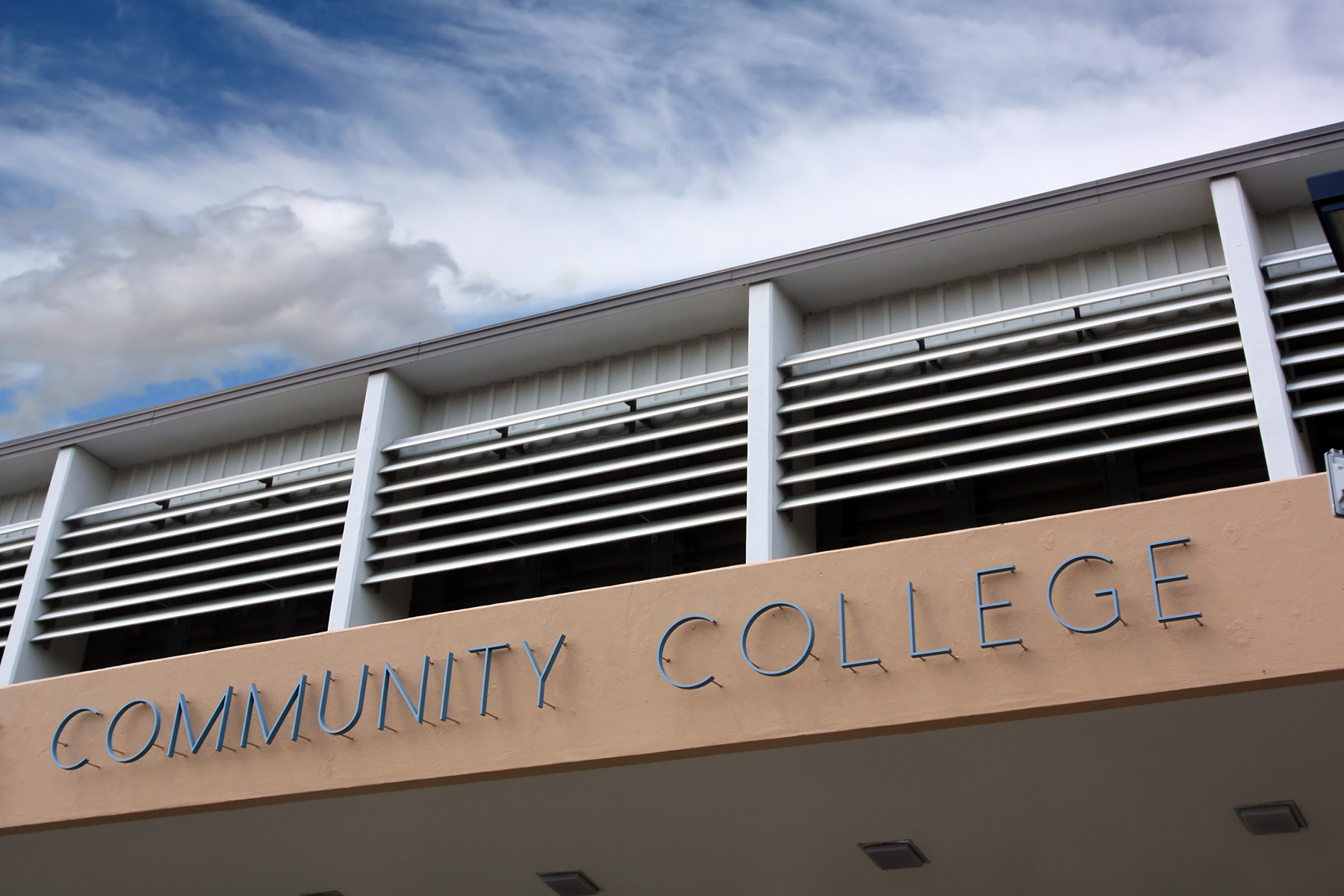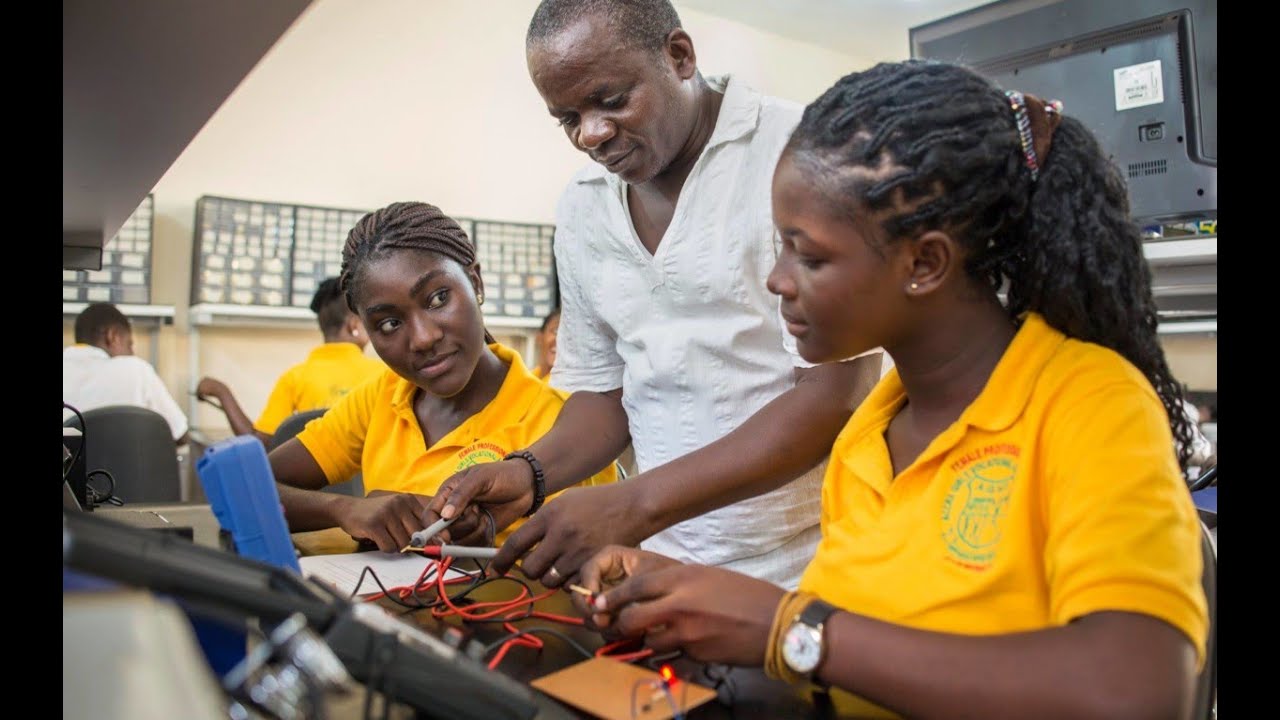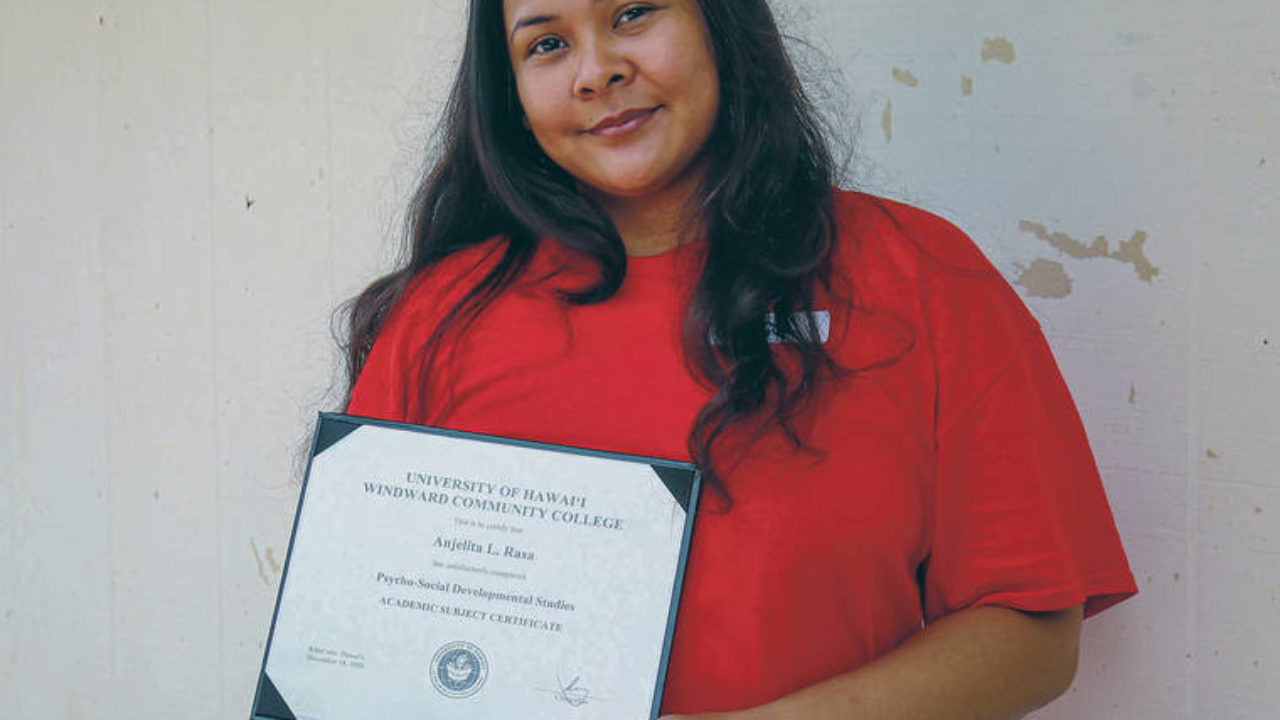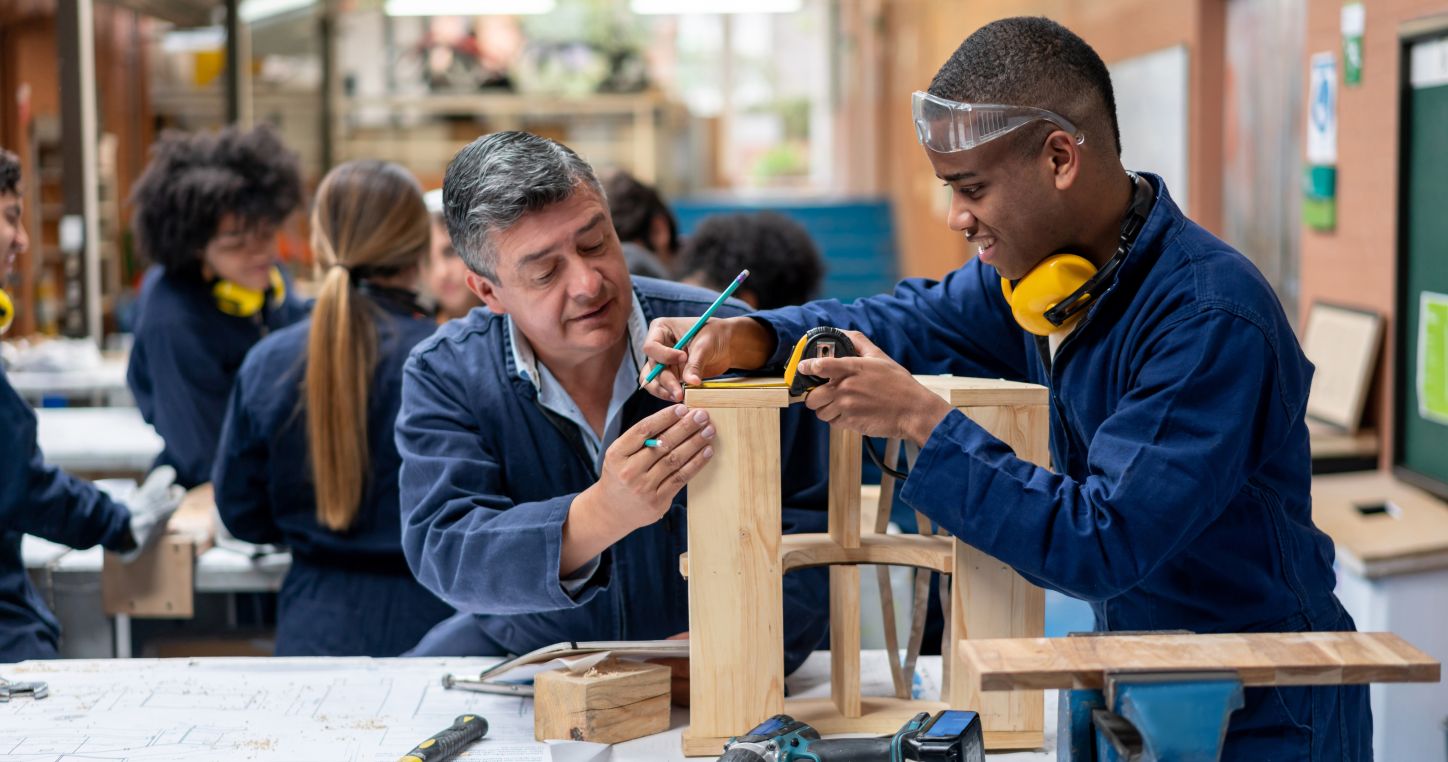How do community colleges support students in transitioning from vocational education to the workforce?

Community colleges play a crucial role in supporting students as they transition from vocational education programs to the workforce. They provide a range of resources and support services to ensure students are prepared for successful employment. Here are some ways in which community colleges support students in this transition:
1. Career Counseling and Guidance: Community colleges offer career counseling services to help students explore their career options, identify their skills and interests, and develop career plans. Counselors provide guidance on job search strategies, resume writing, interview preparation, and networking. They also assist students in aligning their vocational education with specific career paths and connecting them with industry professionals.
2. Job Placement Assistance: Community colleges have dedicated career centers that assist students in finding employment opportunities. These centers collaborate with local businesses, industry partners, and alumni networks to identify job openings and internships relevant to students’ vocational education programs. They provide job placement support, including resume review, interview coaching, and job fair coordination.
3. Work-Based Learning Opportunities: Many community colleges integrate work-based learning experiences into vocational education programs. These can take the form of internships, apprenticeships, cooperative education, or clinical placements. By partnering with local employers, community colleges facilitate hands-on training, allowing students to apply their skills in real-world settings, gain practical experience, and develop professional networks.
4. Industry Partnerships: Community colleges actively engage with local industries and employers to ensure their vocational education programs align with workforce needs. Through advisory boards and partnerships, community colleges receive input from industry professionals on program curriculum, industry trends, and emerging skill requirements. This collaboration helps ensure that students receive relevant and up-to-date training, making them more marketable to employers.
5. Professional Development Workshops: Community colleges organize professional development workshops and seminars to enhance students’ employability skills. These workshops cover topics such as effective communication, teamwork, problem-solving, time management, and workplace etiquette. Students also receive guidance on navigating the job market, including how to search for job opportunities, craft professional resumes, and succeed in interviews.
6. Networking Opportunities: Community colleges facilitate networking opportunities for students to connect with professionals in their desired fields. They organize career fairs, industry panels, and networking events where students can interact with employers, industry experts, and alumni. These networking opportunities provide valuable insights, potential job leads, and the chance to establish professional connections that can lead to employment opportunities.
7. Continued Education and Upskilling: Community colleges recognize the importance of lifelong learning and provide avenues for students to continue their education and upskill. They offer certificate programs, associate degrees, and transfer pathways to four-year institutions, allowing students to further their education and expand their career prospects. Community colleges also offer continuing education courses and professional development programs to help students stay updated with industry advancements.
By offering comprehensive career support services, work-based learning opportunities, industry partnerships, and ongoing education options, community colleges ensure that students are well-prepared for the transition from vocational education to the workforce. These initiatives contribute to students’ success in securing employment in their chosen fields and building rewarding careers.



